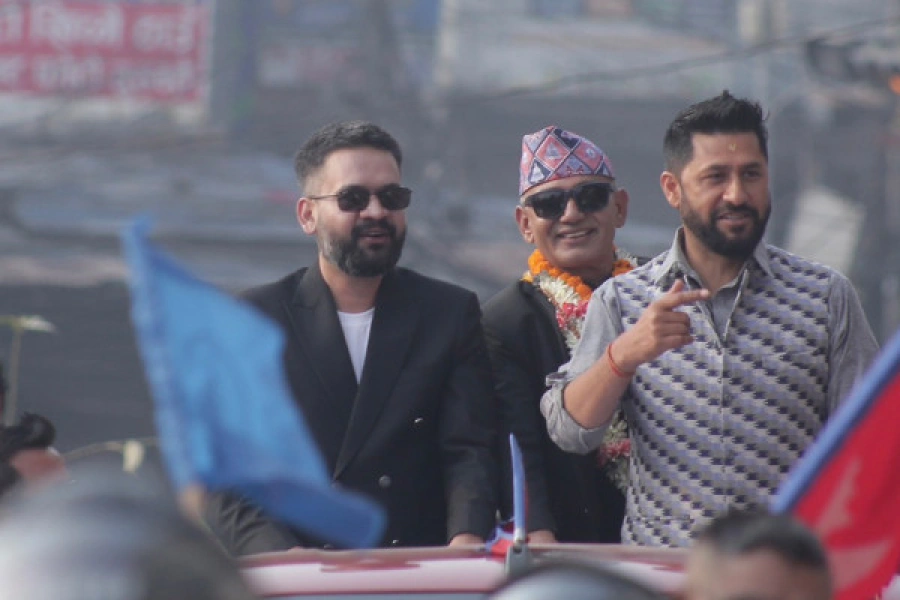KATHMANDU, April 20: In a shocking revelation, health camps are found being used or rather misused as a means of creating a base for human organ smuggling.
With the changing time, new methods are found to be used by the human smugglers and rackets to create a ground for trafficking in persons and smuggling of human organ.
Police, at a programme here today, said new forms of human trafficking and illegal human organ trade, primarily taking place in the guise of sending people on foreign employment, are reported in the country.
In an interaction programme on 'Kidney Smuggling in Nepal' organised by the Forum for Protection of People's Rights Nepal, Superintendent of Police Kiran Bajracharya said criminal gangs were found choosing rural areas as appropriate places to conduct free health camps so as to find out the prospective victims and spread their tentacles.
They reach there through the means of free-heath camps, take details of the people, identify 'possible victims' and hire another group to make them agreed for organ extraction and for its sale.
Human trafficking through Pashupatinagar on the rise

The Nepal Police in the fiscal year 2071/72 BS, had recorded the 181 cases of human trafficking and this number soared to 218 in the fiscal year 2072/73 BS.
Kavreplalanchowk, Nuwakot, Ramechhap and Makwanpur remain as the most vulnerable places in view of human trafficking and illegal organ trade.
Human smuggling racketeers taking advantages from Nepal's labour permission to 110 countries, are found using new routes for trafficking in persons to different destinations.
As per the prevailing law, any individual found guilty in a case of human trafficking is liable for 10 years imprisonment and a fine of Rs 20,000 - Rs 50,000. The law guarantees fifty percent of the recovered fine to the victim as compensation. In a case of the convict unable to pay the fine amount, the law guarantees compensation to the victim from the State's Rehabilitation Fund. But a failure to apprehend the main culprits/ accused in such cases has posed a challenge to control trafficking in persons and illegal organ trade.
Forum Director Satish Sharma said as per a study carried out in nine districts including Kavrepalanchok, the kidneys of 36 people from various rural areas have been sold by the human organ smuggling rackets.
"Many of the respondents included in the study had said they sold their kidney to supplement their income, the allure to lead a prosperous life, the misconception that a single kidney was enough to lead a healthy life and kidney regenerates itself again, and getting house and land," Sharma said.
Although there is no exact data on the victims of the kidney smugglers' racket, it is said there are more than 300 such victims in Kavrepalanchok alone. Police believe that there are many victims in Sindhupalchok, Kathmandu, Gorkha among other districts.
Sharma said although the victims are given allurement of 300 thousand to 500 thousand rupees for agreeing to 'donate' their kidney, they are provided only 50 thousand to 100 thousand rupees.
Journalist Dinesh Regmi, who has been writing on the topic of human trafficking since long, corroborates that many victims who have been promised large sums of money are not paid the promised amount and on top of that they face health, mental and financial problems as well as social stigma. RSS





































